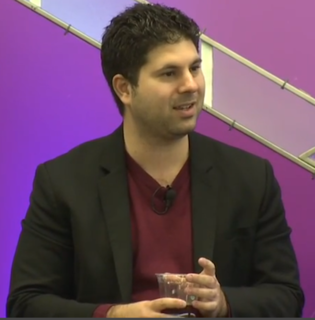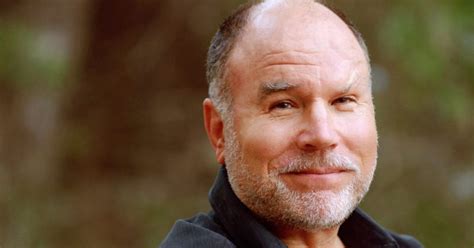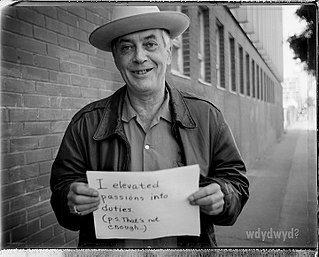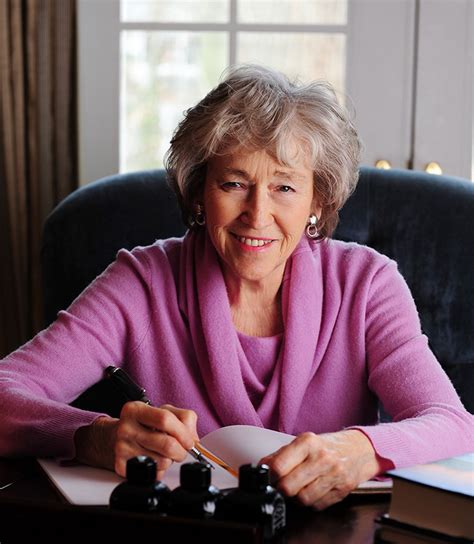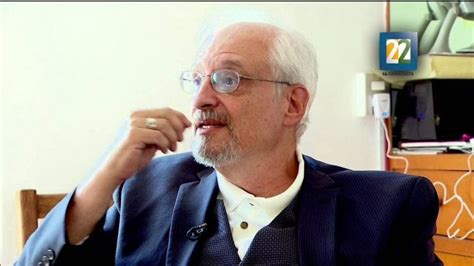A Quote by Arthur Erickson
It is the mystery of the creative act that something other than our conscious self takes over.
Related Quotes
The refusal to be creative is an act of self-will and is counter to our true nature. When we are open to our creativity, we are opening to God: good, orderly direction. As we pursue our creative fulfillment, all elements of our life move toward harmony. As we strengthen our creativity, we strengthen our connection to the Creator within. Artists love other artists. Our relationship to God is co-creative, artist to artist. It is God's will for us to live in creative abundance.
Central to Jungian psychology is the concept of "individuation," the process whereby a person discovers and evolves his Self, as opposed to his ego. The ego is a persona, a mask created and demanded by everyday social interaction, and, as such, it constitutes the center of our conscious life, our understanding of ourselves through the eyes of others. The Self, on the other hand, is our true center, our awareness of ourselves without outside interference, and it is developed by bringing the conscious and unconscious parts of our minds into harmony.
Conscious business.. business that is conscious of inner and outer worlds.. would therefore be business that takes into account body, mind, and spirit in self, culture, and nature. Put differently, conscious business would be mindful of the way that the spectrum of consciousness operates in the Big Three worlds of self and culture and nature.




